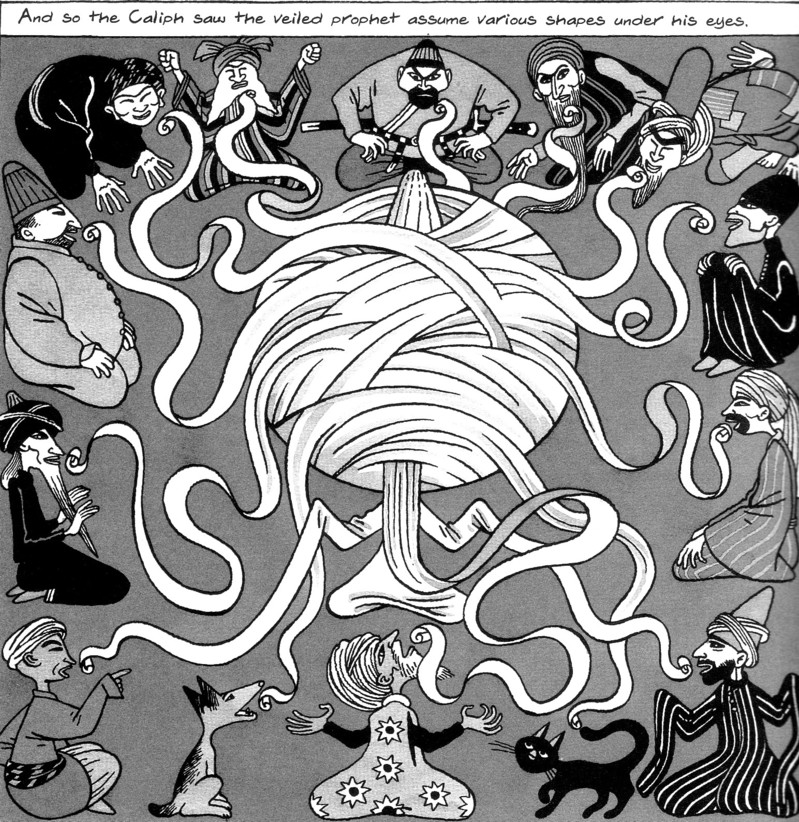Keith Thomas wrote, among other things, Religion and the Decline of Magic, which, like all his books, is a monstrous, almost Robert Burton-ish, tome of obscure facts carefully arranged. I found his reflections on his working methods to be touching and, I think, humble:
When I go to libraries or archives, I make notes in a continuous form on sheets of paper, entering the page number and abbreviated title of the source opposite each excerpted passage. When I get home, I copy the bibliographical details of the works I have consulted into an alphabeticised index book, so that I can cite them in my footnotes. I then cut up each sheet with a pair of scissors. The resulting fragments are of varying size, depending on the length of the passage transcribed. These sliced-up pieces of paper pile up on the floor. Periodically, I file them away in old envelopes, devoting a separate envelope to each topic. Along with them go newspaper cuttings, lists of relevant books and articles yet to be read, and notes on anything else which might be helpful when it comes to thinking about the topic more analytically. If the notes on a particular topic are especially voluminous, I put them in a box file or a cardboard container or a drawer in a desk. I also keep an index of the topics on which I have an envelope or a file. The envelopes run into thousands.
The truth is that I have become something of a dinosaur. Nowadays, researchers don’t need to read early printed books laboriously from cover to cover. They have only to type a chosen word into the appropriate database to discover all the references to the topic they are pursuing. I try to console myself with the reflection that they will be less sensitive to the context of what they find and that they will certainly not make the unexpected discoveries which come from serendipity. But the sad truth is that much of what it has taken me a lifetime to build up by painful accumulation can now be achieved by a moderately diligent student in the course of a morning. Moreover, today’s historians don’t make notes on pieces of paper. They have computer programs for filing and indexing. Even as I write, an email message informs me that ‘wiki software can be used to develop a personal research knowledge base.’ My methods are in no way an advance on those of Burckhardt and now appear impossibly archaic. But it is far too late to think of transferring this accumulation onto some electronic database. When I look at my cellar, stuffed with cardboard boxes and dog-eared folders, and littered with loose slips which have broken free from overstuffed envelopes, I envy my colleagues who travel light, with their laptops and digital cameras. But, as Gibbon said, where error is irreparable, repentance is useless.
Yet as I pick my way through my accumulation of handwritten material, I don’t feel depressed. The thousands of used envelopes themselves give me a good deal of nostalgic pleasure; they remind me of old friends, of institutions with which I have been associated and of the secondhand booksellers who have sent me catalogues over the years. Admittedly, they also remind me of many false starts: topics I began on, tired of or discovered were being written up by somebody else. But that is a challenge to reorder my materials as the world moves on and my interests change. In his essay ‘On Intellectual Craftsmanship’, appended to his The Sociological Imagination (1959), C. Wright Mills reassuringly remarks that ‘the way in which these categories change, some being dropped and others being added, is an index of your intellectual progress … As you rearrange a filing system, you often find that you are, as it were, loosening your imagination.’

